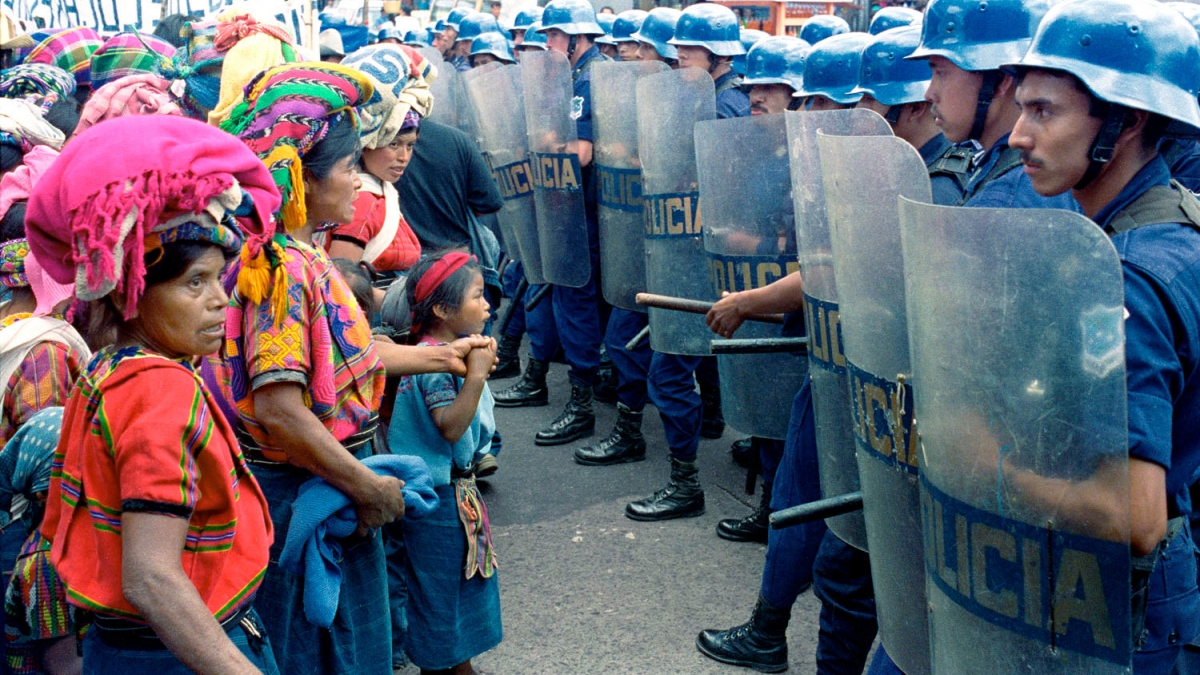Editor's note: A previous version of this story listed the course "Noisemaker! Tracing the Origins of Modern Music in Italy," which is no longer offered.
This fall, the School of International Letters and Cultures at Arizona State University will offer a variety of courses — from Japanese civilization to photography in Latin America.
Information about these and other courses is below — but there are even more offerings by the School of International Letters and Cultures in the ASU class schedule, where you can find both online and in-person options.
City of Water. Uncovering Milan’s Aquatic Geographies
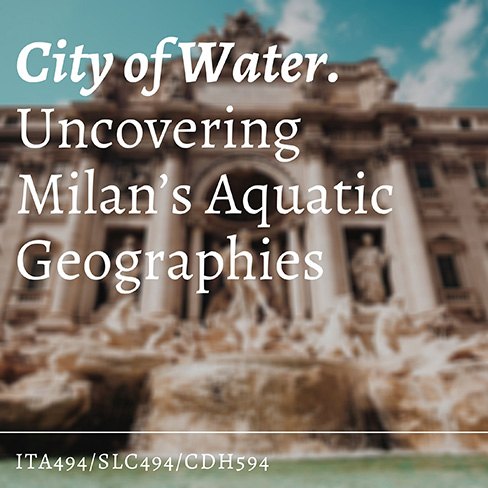
When: Mondays/Wednesdays, 12:15–1:30 p.m.
Taught by: Serena Ferrando
Course cross-list: ITA494/SLC494/CDH594
About: In the course "City of Water. Uncovering Milan’s Aquatic Geographies” (ITA494/SLC494/CDH594) students will explore the cultural history of water in Milan, Italy’s self-described “city of water,” in a multimedia environment that fosters an atmosphere of creative collaboration and encourages creative design. Students will generate searchable, annotated, thick maps of Milan and disseminate them outside the classroom and will also have the opportunity to see their work featured on the Navigli Project. (The course will include a guest lecture by a renowned Milanese illustrator and two Milan-based film directors).
Japanese Civilization: From the Ice Age to Last Thursday

When: Tuesdays/Thursdays, 10:30–11:45 a.m.
Taught by: William Hedberg
Course cross-list: JPN 394/SILC 394
About: This course provides an overview of the entire sweep of Japanese history and culture from the earliest inhabitants of the Japanese archipelago, c. 30,000 BCE, to the earthquake and tsunami of March 2011 and beyond. The course covers the main events, narratives and individuals of Japanese history through documentary sources and literary works such as plays, novels, poetry and manga.
Also, the course introduces important events and individuals, recurring themes and prominent literary and artistic works. Particular attention will be paid to the interconnections between religious, economic, social, political and literary aspects of Japanese history and culture.
Holocaust and German Memory

When: Tuesdays, 4:30–7:15 p.m.
Taught by: Dan Gillfillan
Course cross-list: GER 445/SLC 445/FMS 445/JST 445/HON 494/SLC 598
About: This course places students in the midst of one of the most traumatic events of the 20th century and one of the darkest chapters in German history. It examines representations of the Shoah from the perspective of its survivors, its perpetrators and its victims, both with respect to its immediacy and its generational impact. The course takes up examples from the media of dramatic and documentary film, photography, narrative, poetry, autobiography, graphic novel, cyberspace, critical theory and architectural monuments/memorials, beginning with anti-Semitic, National Socialist manipulation and propaganda, and continuing forward as each successive generation of Germans sought to confront their country’s National Socialist past, and as each successive generation of survivors sought to cope with their own and their families’ experiences. Within this constellation of critical discussions are set some of the critical questions that will guide this course:
- How can popular culture media like film, photography, literature, graphic novel and cyberspace adequately represent the enormity of the Holocaust?
- What political, social, cultural and economic issues arise through the processes of commemoration?
- In what ways can we talk about individual memory, cultural memory, national memory and collective memory?
Photography and the Latin America
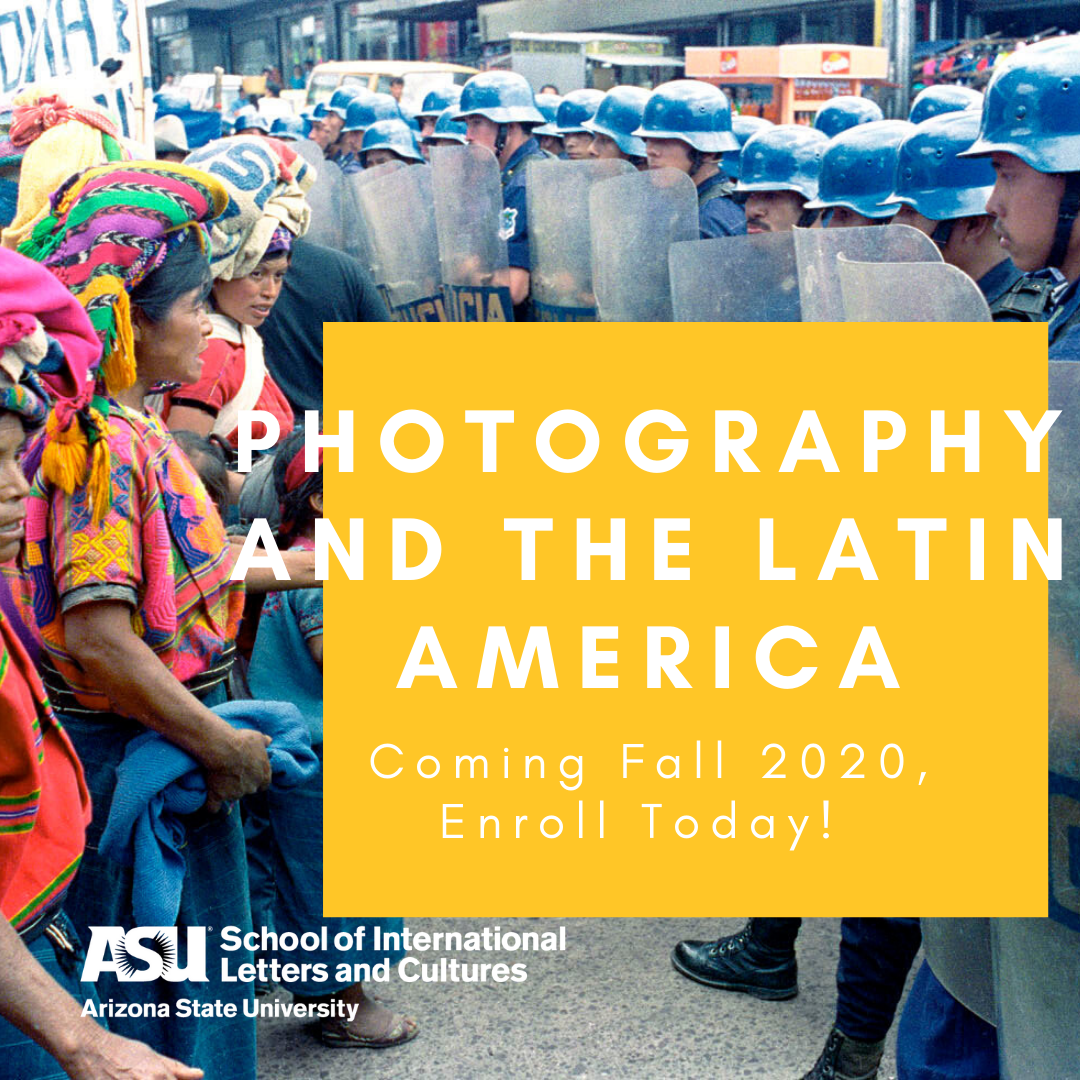
When: Fridays, 2–3:50 p.m.
Taught by: David William Foster
Course cross-list: SLC/LIA
About: Soon after its invention in Europe, photography arrives in Latin America and quickly becomes a privileged genre of cultural production. In Latin America, photography intervenes in the processes of social history and constitutes an invaluable source of information about Latin American life. This course will examine the work of seven outstanding figures of Latin American photography and major Latin American cities through the medium of photography and discuss how photography both represents and creates sociohistorical reality.
Why is the Amazon Burning?

When: Tuesdays/Thursdays, 3–4:15 p.m. and lab time Tuesdays, 1:30–2:45 p.m. (This time is reserved for students to work on collaborative lab projects.)
Team-taught by: Mary Jane Parmentier (FIS) and Glen Goodman (SLC)
Course cross-list: HUL/FIS/SLC/POR/SPA 494 and HUL/SLC/GTD 598
About: How is the Amazon portrayed globally? How have humans utilized it over time? What about indigenous rights for the human occupants? These questions and the complicated human relationship with this rich and diverse ecosystem lend themselves to multiple analytical lenses, including film, literature, anthropology, history, politics, sustainability and international development.
Only English?

When: Tuesdays/Thursdays, 10:30–11:45 a.m. and lab time Tuesdays, 9–10:15 a.m. (This time is reserved for students to work on collaborative lab projects.)
Team-taught by: Danko Sipka (SLC) and Katie Bernstein (EDU)
Course cross-list: HUL/ SLC/ POS / SGS 494 and HUL 598
About: Given the widespread attitude that the whole world speaks English, is there a need to study or maintain other languages? What laws have been created about language? Why? What are the values behind these decisions? Is English monolingualism a problem? Is it just? Students will develop their own possible solutions based on their inquiries into the policies, practices and ethical principles related to monolingualism and multilingualism.
Top photo by Daniel Hernández Salazar
More Environment and sustainability
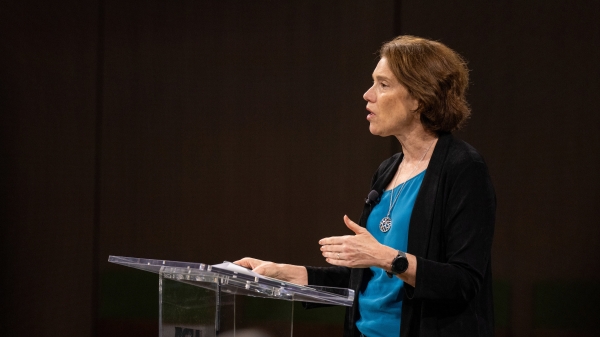
Researcher works on changing people's mindsets to fight climate change
Meaningful action to heal the climate requires a complete shift in the way people think and perceive each other, according to an expert on social transformation who spoke at Arizona State University…

NOAA, ASU offer workshop to bridge ocean exploration, education
Oceans are vital to sustaining life on Earth, as they produce over half of the oxygen we breathe and play a crucial role in regulating the planet's climate. They also support a diverse array of…
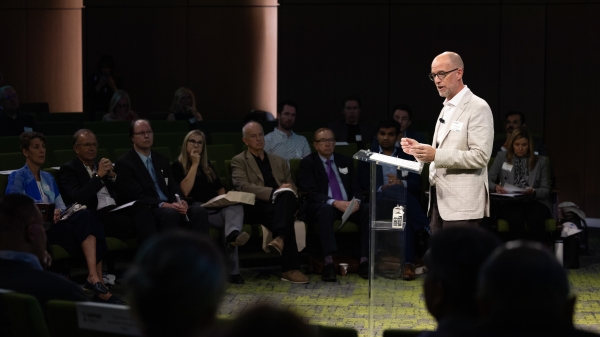
A united front for sustainability and the economy
When four leaders of esteemed learning institutions and the mayor of Phoenix gather in one location at the same time, it’s a tip-off that something big is going down.When they’re joined by visionary…
